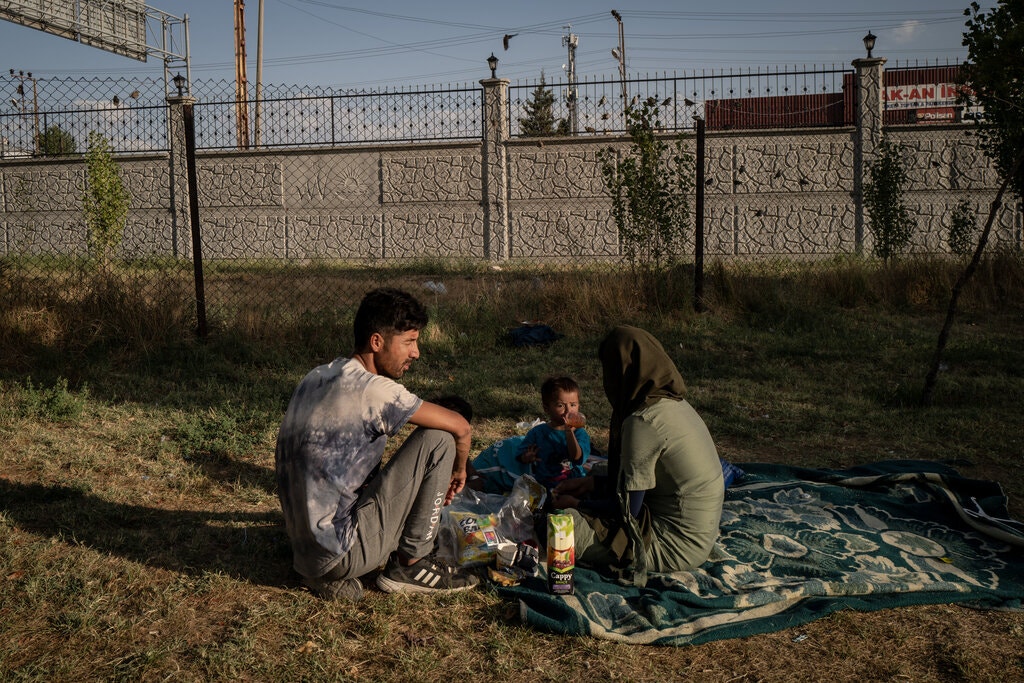Syrian refugees consider ‘going back’ due to Turkish economic crisis
Cem Cetinguc
•
December 14, 2022 10:13 am
Amid rampant inflation and an economic crisis in Turkey, and with an election scheduled in 2023, political rhetoric is turning against Syrian refugees in the country. Many are considering returning to their homeland, which is still ravaged by civil war.
Turkey is hosting around 3.6 million Syrian refugees, by far the largest number of any country.
Among them is 38-year-old Muhammed Sheikh, who fled the city of Aleppo with his wife and two children in 2016. They settled in Istanbul and have since had two more children. The inflation crisis means life is getting tougher. He says his monthly wage of 12,000 Turkish lira, around $645, barely covers the bills.
“Our landlord treats us well but in January he will raise the rent to 9,000 Turkish Liras (US$490) and it will be very difficult for us,” Sheikh told VOA. “I will go to Syria if I have to go, but there is no work there and the living conditions are very difficult there. I will try to go to another country if I can.”
Inflation in Turkey hit 85% in October. Sheikh says the economic crisis has also turned some Turkish people against the refugees.
“My Turkish colleagues at work say, ‘Why did you come here? Because of you, rents went up, food prices went up, and making a living became difficult.’ Many Syrians are facing such things here,” Sheikh said.
The United Nations says more than 153,000 refugees returned to Syria from Turkey between January and October 31 of this year. The Turkish government claims the number is closer to half a million.
President Recep Tayyip Erdogan faces a tough re-election in June next year, amid Turkey’s economic crisis. Last May, Erdogan pledged to send back one million refugees and create “buffer zones” in northern Syria where they could be returned safely.
Osman Atalay of the IHH Humanitarian Relief Foundation, a Turkish non-governmental organization, says the political rhetoric against refugees is escalating.
“In the last year especially, the political parties began to criticize Syrian refugees very severely and said that if they form a government, they will send Syrians back,” Atalay told VOA. “The big majority of Syrians are working, even with a little salary, they are working to stay here and to make a living. But there are some Syrians who are returning to Syria because of the pressure and physical and verbal attacks on them.”
He questioned the government’s pledge to send back one million refugees. “If there is no security and peace in Syria, how can people go? How can Syrians return?” Atalay said.
voanews.com
 23TURKEY-AFGHAN-REFUGEES1-jumbo
23TURKEY-AFGHAN-REFUGEES1-jumbo
 23TURKEY-AFGHAN-REFUGEES1-jumbo
23TURKEY-AFGHAN-REFUGEES1-jumbo